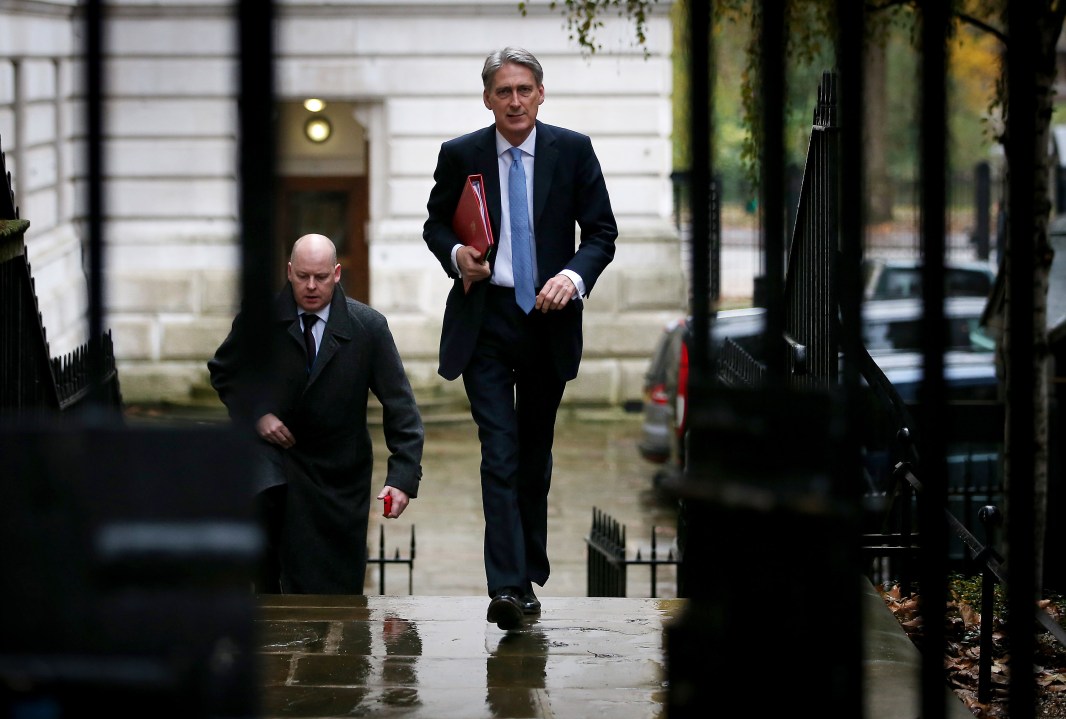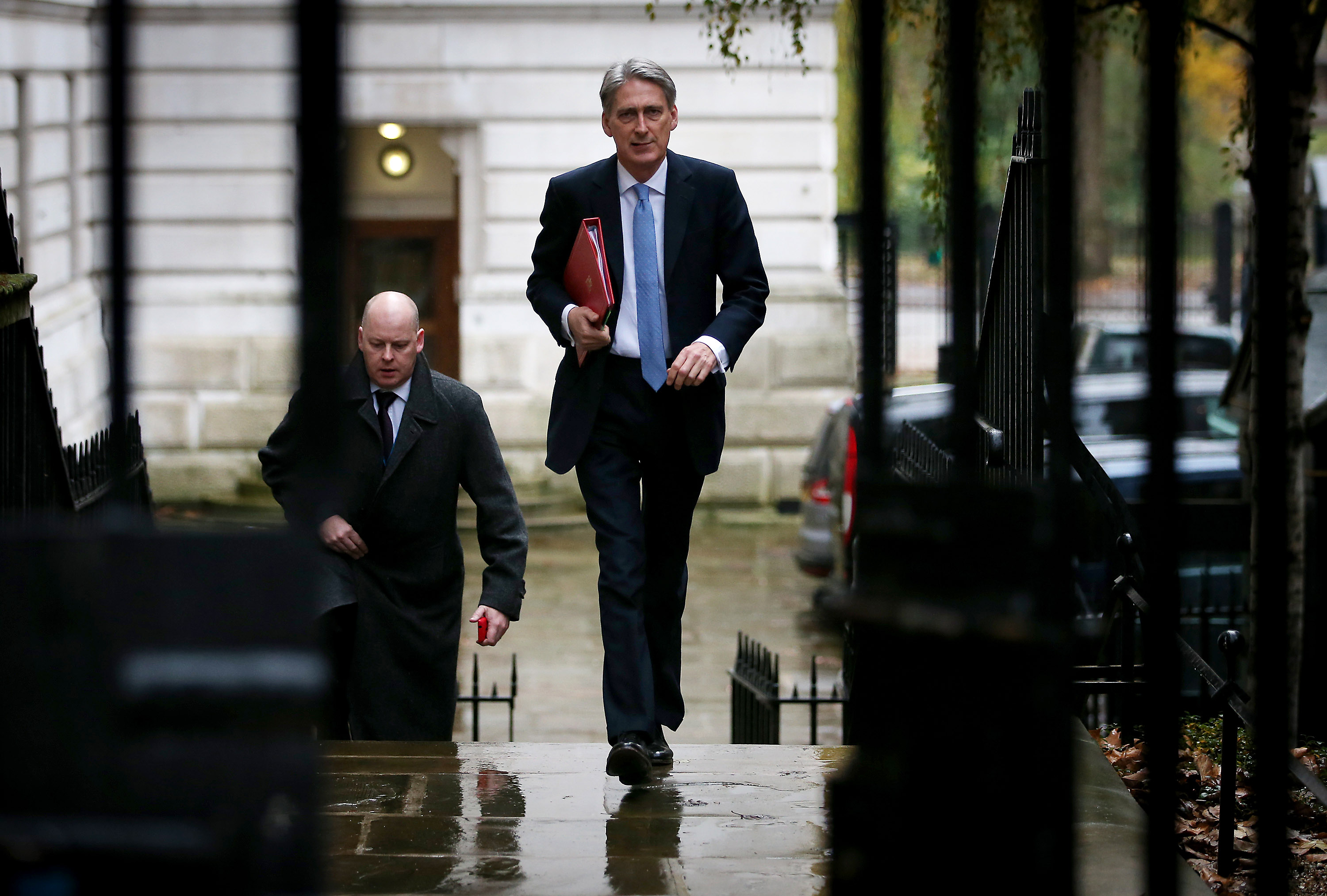Not that he made much of a fuss about it, but Philip Hammond made a bit of history in his Budget speech yesterday. He spoke, as usual, about the main rates of tax. But then he mentioned a different one: the taper, or the effective tax rate, that faces those in low paid work. It was 65 per cent, he said, and he wanted it cut to 63 per cent. It was significant: a single parent with one child (with no housing costs) on £15k will be £170 a year better off. A couple with two children, with one parent earning £30k (with housing costs) will be £425 a year better off. But the fact that he mentioned it at all is hugely important.
For years, the low-paid have been ensnared by a welfare system that would mean they were as little as 5p better off for every extra £1 they earned – effectively a 95 per cent tax rate. Universal Credit, designed by the Centre for Social Justice, takes this down to 65 per cent. A significant improvement but still a fairly hefty figure. But it has stayed so high for so long because it has been invisible. The trap facing those in low pay has been invisible.
Churchill used to speak about how Conservatives stood for the ladder: let everyone try to climb as best they can. But the government had rigged the system so the best-paid could keep 60p of every £1 they earned, while the lower-paid got a far rawer deal. Under Universal Credit, they have kept 35p for every £1 they earned. Now, after this budget, they get 37p.
The great advantage of Universal Credit is that it replaces all kinds of other complicated welfare payments and is a simple tool that can be calibrated. If Theresa May wants to help the ‘just about managing’ then she might let the lower paid keep 40p for every £1 they earn in the next budget. And why not aim for giving them 45p for every £1 they earn?
Even having this debate is a huge step forward, and acknowledges a class of workers who have been ignored for too long. Including them in this Budget makes real the government’s pledge to make an economy that ‘works for everyone’. Let’s hope this is the beginning of a new journey.
Edward Boyd is managing director of the Centre for Social Justice







Comments